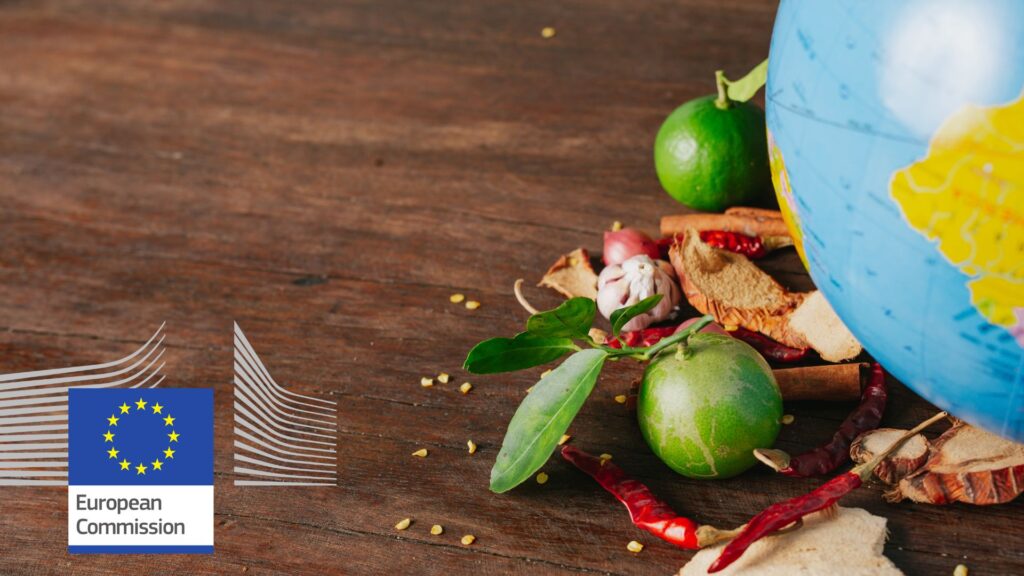From: WIISE
The revision and amendment of the Waste Framework Directive (WFD)was finally published in the Official Gazette of the European Union on September 26th, 2025. Directive (EU) 2025/1892 will amend Directive 2008/98/EC introducing new provisions on food waste. Such provisions have been adopted after the agreement between the European Parliament and the Council regarding the proposal presented by the European Commission on July 5th, 2023.
The new directive has introduced provisions dedicated to the prevention of food waste generation and the adoption of national food waste prevention programmes, which will replace and strengthen the general measures provided for in the WFD.
The European Green Deal and the new 2020 Circular Economy Action Plan were the policies used as a basis to accelerate the adoption of new measures to prevent and reduce food waste generation in the EU. The food sector is considered the first resource-intensive sector, but it must improve the waste management principles set in the Waste Hierarchy which requires the prioritisation of waste prevention followed by preparing for re-use, and recycling, while reducing the recovery for energy production and avoiding the disposal and landfilling.
It is nonetheless necessary to continue the pursuit to reach the objectives set by the Sustainable Development Goals (SDGs) Target 12.3 to halve per capita global food waste at retail and consumer levels and to reduce food losses along production, and supply chains, including post-harvest losses, by 2030, as part of the United Nations 2030 Agenda for Sustainable Development.

The dedicated provisions introduced in the new Article 9a (Prevention of food waste generation)require that Member States takes appropriate measures to prevent the generation of food waste along the entire food supply chain, such as:
- Development and support of behavioural change intervention, and information campaigns to raise awareness about food waste prevention;
- Identification of inefficiencies of the food supply chain and promotion of all cooperation among all actors for e.g. fair distribution of costs and benefits of prevention measures and proposal of donation agreements with food banks;
- Encouragement of food donation and other redistribution for human consumption;
- Support of training and skills development and funding access, especially for small and medium enterprises (SMEs);
- Promotion of the adoption of innovative and technological solutions which contribute to the prevention of food waste, such as the innovative tools and methodologies (T&Ms) developed within the WASTELESS project.
The food waste reduction targets at national level to be achieved by December 31st, 2030, and to be reviewed by December 31st, 2027 for compliance verification, are:
- reduction of the generation of food waste in processing and manufacturing by 10 % in comparison to the amount of food waste generated as an annual average between 2021 and 2023;
- reduction of the generation of food waste per capita, jointly in retail and other distribution of food, in restaurants and food services and in households, by 30 % in comparison to the amount of food waste generated as an annual average between 2021 and 2023.
According to the new Article 29a, the national food waste prevention programmes, shall be adapted to attain these food waste reduction targets and contain the measures reported above, attributing the competent authorities responsible for the coordination of the measures to prevent generation of food waste.
Member States shall bring into force the laws, regulations and administrative provisions necessary to comply with this Directive by June 17th, 2027, at the latest. These new measures will be accompanied by the introduction of prevention measures for textile waste, which is another impactful sector (4th in the EU) in terms of waste generation.

